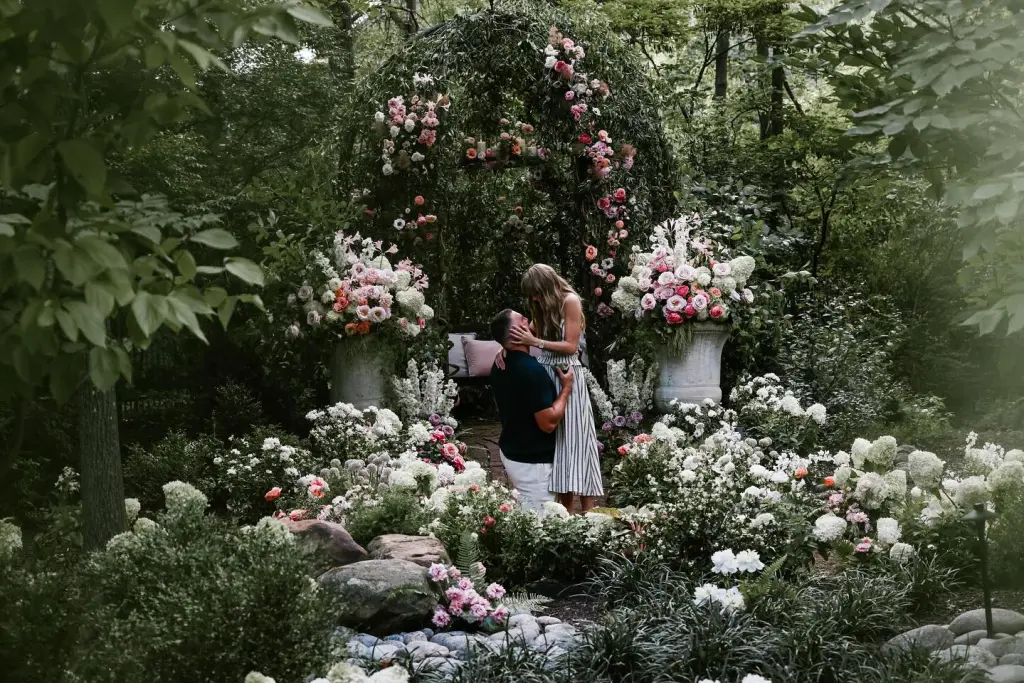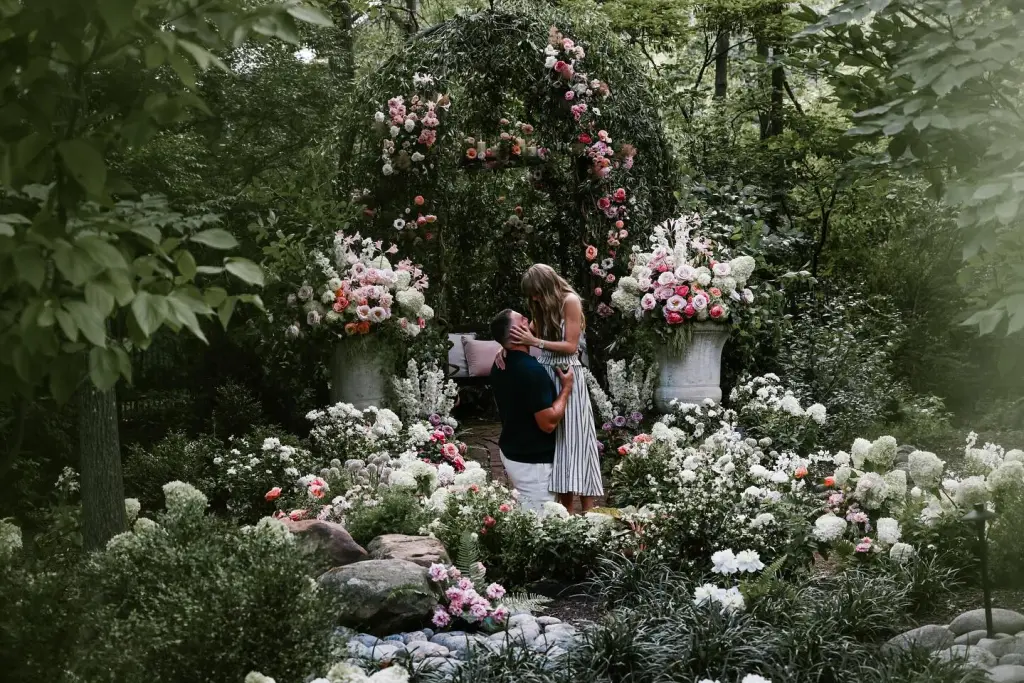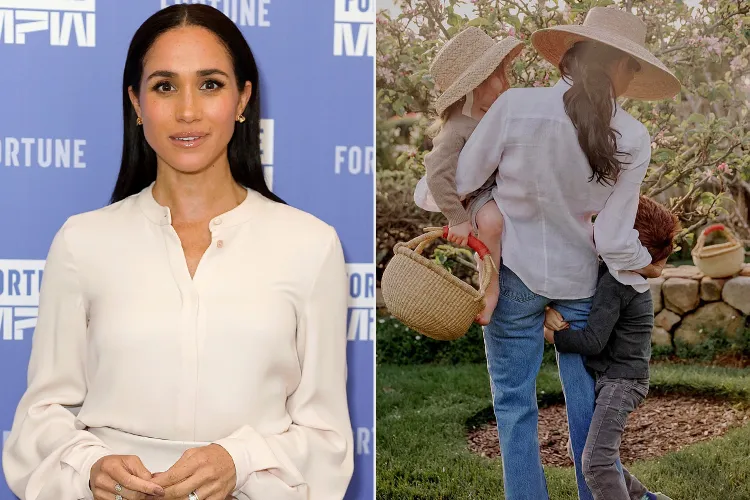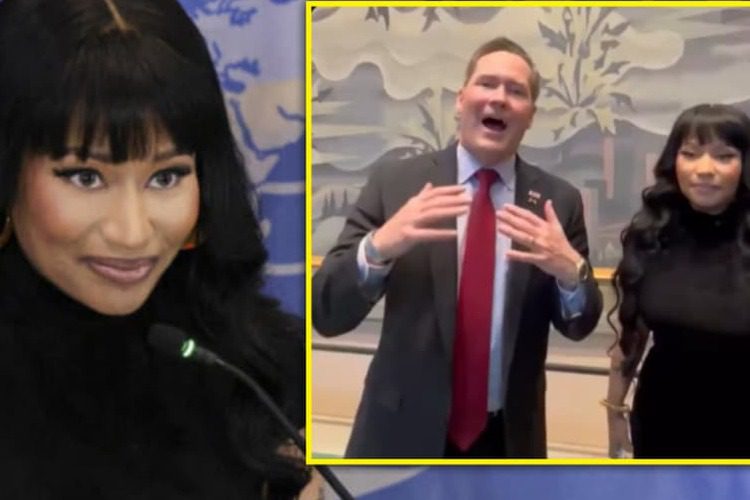Cambridge Dictionary Names “Parasocial” 2025 Word of the Year — A Trend Fueled by Taylor Swift and Travis Kelce’s Engagement
In a year when fandoms grew louder, screens felt closer, and celebrity culture seemed to spill directly into everyday life, the Cambridge Dictionary has officially selected “parasocial” as its 2025 Word of the Year. It’s a term that once lived mostly in academic journals, used by psychologists to describe the one-sided emotional connections people form with public figures. But over the past twelve months, it surged into mainstream conversation with a cultural force that almost no other word matched — and part of that rise was sparked by the whirlwind public reaction to Taylor Swift and Travis Kelce’s engagement.

The announcement came as Cambridge editors revealed that online searches for the word spiked dramatically throughout 2024 and 2025, particularly during major celebrity moments that ignited massive public emotion. One of the biggest drivers, they confirmed, was Swift and Kelce’s high-profile proposal — a moment that millions of people celebrated, cried over, debated, or felt personally connected to despite not knowing the couple in real life. It became a perfect example of the modern parasocial wave: the belief that we are somehow part of a stranger’s story simply because we witness it unfold online.
The dictionary defines “parasocial” as the feeling of having a relationship or emotional bond with someone — often a celebrity, creator, or fictional character — despite having no real mutual interaction. What used to describe the way 1950s audiences adored television hosts has now evolved into a key framework for understanding how we relate to celebrities, influencers, streamers, and even artificial intelligence companions. It captures something profoundly modern about the way people connect in a digital world that blurs the lines between intimacy and distance.
Cambridge editors said the decision reflected both cultural relevance and linguistic importance. This wasn’t just about trendiness. It was about naming something people were clearly experiencing. The engagement of Taylor Swift and Travis Kelce created exactly the kind of global emotional reaction that highlighted the concept. Fans posted heartfelt messages as if they were congratulating close friends. Others expressed sadness, humor, or personal stories about following the couple’s journey. All of it existed within a space where the emotional closeness felt real — even though the relationship itself is entirely one-sided.

Experts note that parasocial relationships aren’t inherently negative. They can offer comfort, motivation, and a sense of belonging. For many Swift fans, her music feels deeply personal — a kind of emotional guide through heartbreak, growth, and reinvention. Her songs cultivate closeness, and the way she interacts with fans reinforces that bond. When big moments happen in her life, those same fans can feel something that resembles genuine affection, connection, or even nostalgia. In a way, parasocial interactions can feel like friendship, even though they are not mutual.
But psychologists also emphasize that understanding the difference between real and parasocial relationships is essential. When someone forgets that the connection is one-sided — or begins to expect the celebrity to reciprocate those emotional investments — problems can arise. Cambridge’s Word of the Year announcement wasn’t just a reflection of fandom culture. It was a subtle reminder of how modern digital life shapes emotional expectations.
The rise of parasocial interactions also isn’t limited to celebrities. Influencers—especially lifestyle, beauty, gaming, and relationship creators—have built massive followings by offering viewers an intimate look into their lives. Audiences watch them cook breakfast, decorate their homes, get engaged, go through breakups, and raise families. The boundaries that once separated public personas from private lives have thinned. For many viewers, influencers feel like friends, siblings, or confidants, even though they don’t know their followers individually.
And then there is the role of artificial intelligence. Cambridge noted that 2025 was also the year when parasocial relationships expanded to include interactions with AI chatbots and companions. For some users, AI became a daily part of life — someone to talk to during a lunch break, someone to help navigate stress, someone to create a sense of emotional presence. The lines between convenience, utility, and connection became more complex. The dictionary’s editors hinted that this growing dimension played a significant role in their final decision.
The word “parasocial” also reflects a cultural moment where people crave belonging and connection more than ever. The pandemic years reshaped social habits and pushed much of life online. Even afterward, digital communities continued to thrive. People found comfort in shared emotional experiences — reacting to celebrity engagements, celebrating victories, mourning losses, and participating in viral cultural moments together. When Swift and Kelce shared news of their engagement, that sense of collective emotion lit up timelines across platforms. For many, it was a joyful escape from real-life stresses. For others, it triggered reflection on how invested they had become in the love story of two people they had never met.
Cambridge’s editors said that the spike in interest wasn’t limited to fans of Taylor Swift. The word also trended during major media events involving actors, athletes, political figures, and reality TV personalities. Essentially, whenever large audiences felt emotionally drawn into a story that wasn’t theirs, the term “parasocial” surfaced in commentary, think-pieces, and online debates.
But even as the term went mainstream, its nuance remained important. Parasocial bonds aren’t always intense or obsessive. They can be mild, fleeting, or situational. Someone might feel a short surge of emotion when watching a celebrity wedding video or reading a heartfelt Instagram caption. They might comment “I’m so happy for you!” not because they expect to be noticed, but because expressing emotion feels natural. In this sense, parasocial interactions can be understood as miniature emotional mirrors — moments where people reflect their own hopes, dreams, or memories onto a public figure’s story.
Still, the selection of the word also highlights an important shift in how people use language. Words that once lived in academic literature now move quickly into everyday vocabulary. The term “gaslighting” took a similar path in previous years, rising from psychology textbooks into mainstream conversation. “Parasocial” followed that trajectory — propelled by digital culture, fandom communities, and the emotional transparency of online life.
The global reaction to Swift and Kelce’s engagement was almost a case study in parasocial dynamics. Fans who have followed Swift for nearly two decades saw the moment as a culmination of her journey through heartbreak, resilience, reinvention, and independence. It felt symbolic, cinematic, and emotionally rich — almost like experiencing a season finale in a beloved series. When Kelce entered her life, their relationship became part of that storyline. Fans didn’t just watch; they projected their own feelings onto it.
Cambridge’s Word of the Year announcement reflects how powerful and widespread these emotional reactions have become. The editors said the term captures the “emotional closeness people feel with influencers and celebrities,” and that its usage has expanded globally. They also noted that the word highlights contemporary cultural challenges — distinguishing genuine intimacy from perceived emotional bonds.
In the end, choosing “parasocial” wasn’t simply about naming a trend. It was about recognizing a shift in human connection. In a world where lives unfold on screens, where updates arrive by the minute, and where personal stories become global content, understanding how we relate emotionally has never been more important. Whether it surfaces in a pop star’s engagement, a viral moment, or an influencer’s heartbreak, the feeling behind parasocial relationships is now part of the fabric of daily life.
Cambridge Dictionary’s selection acknowledges that complexity — and names it for what it is.


